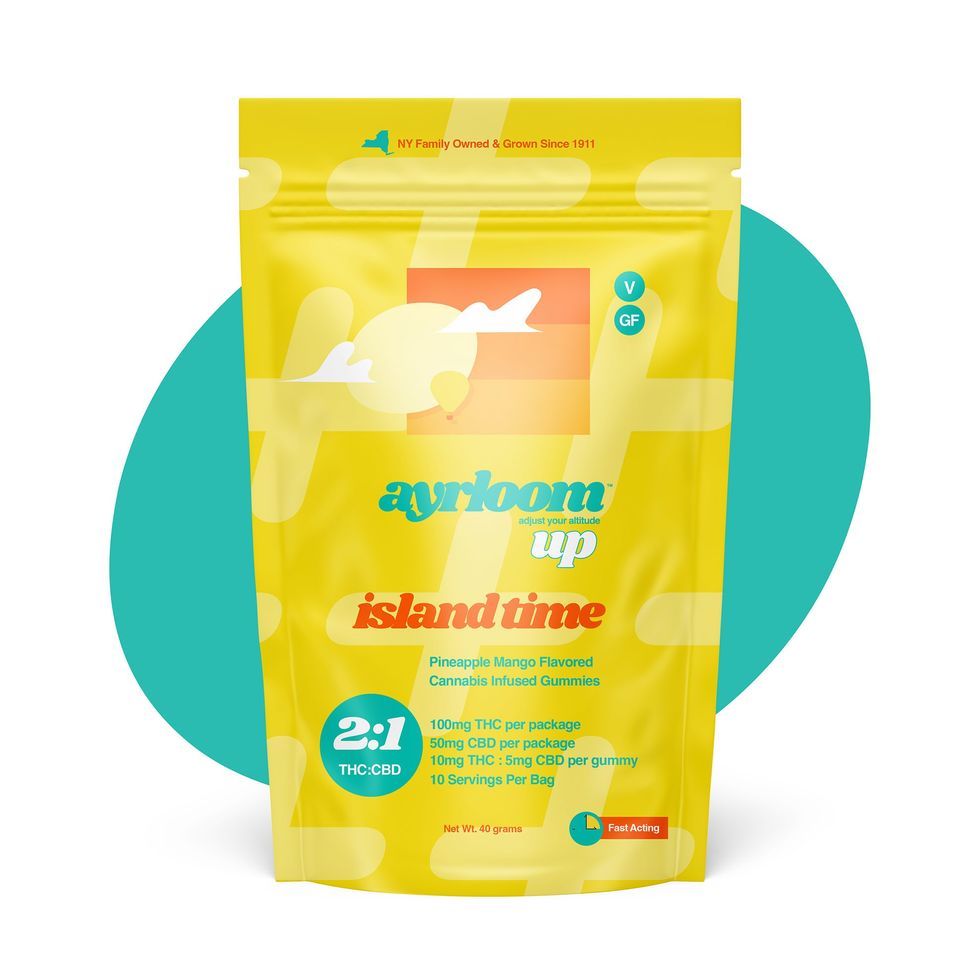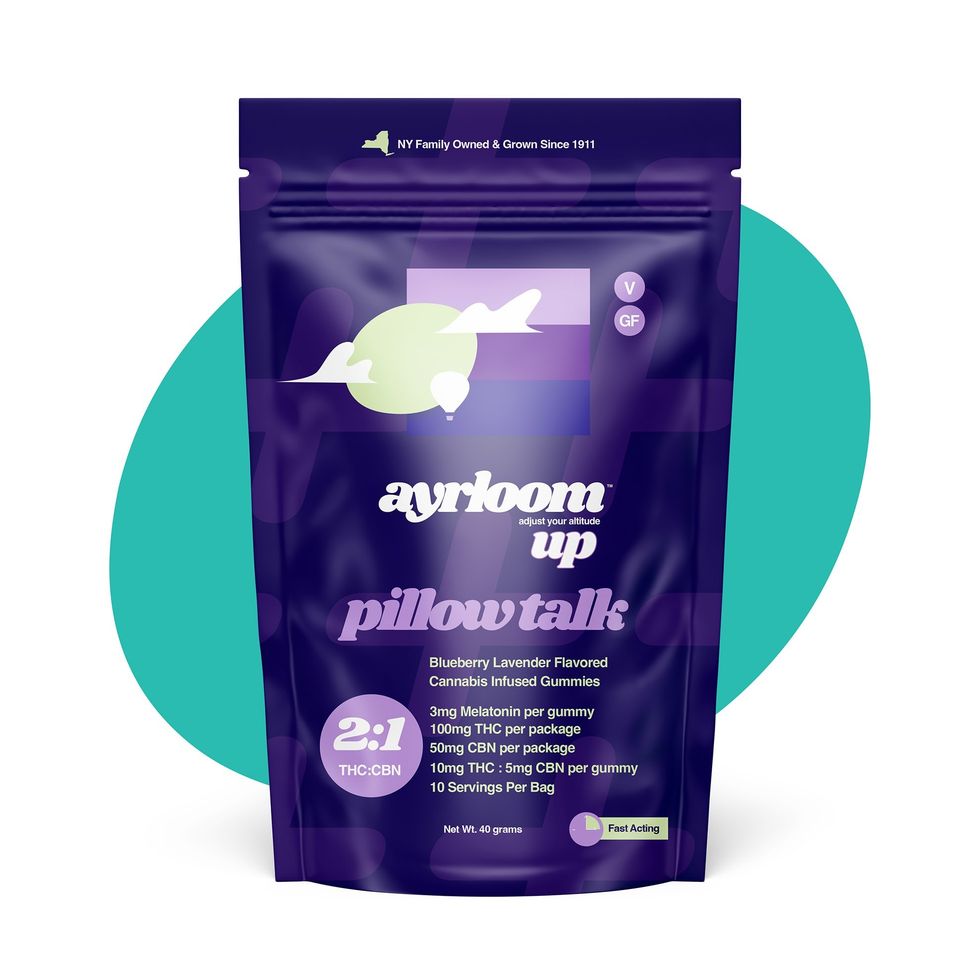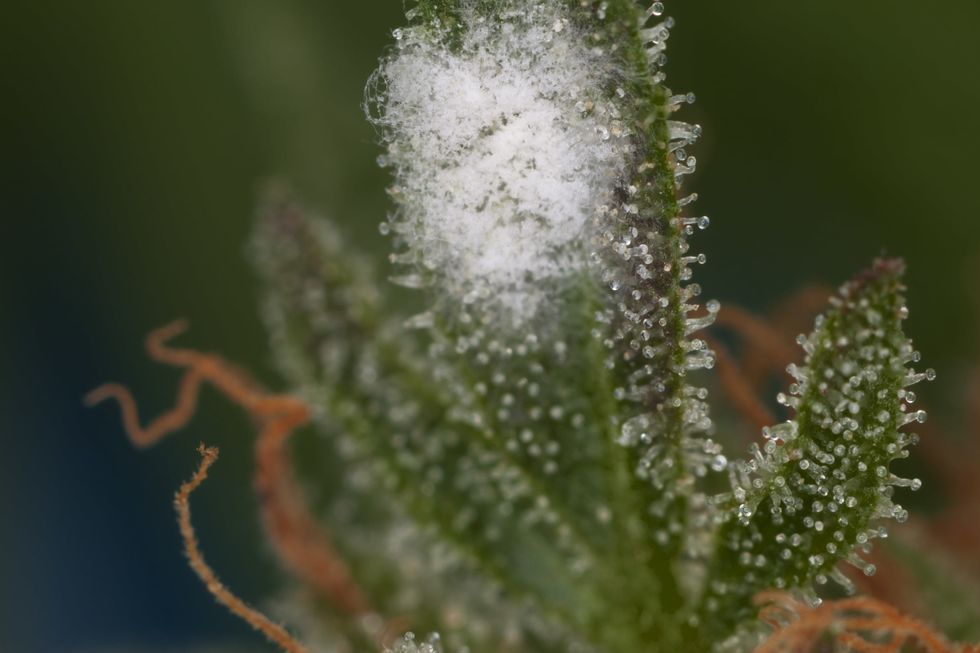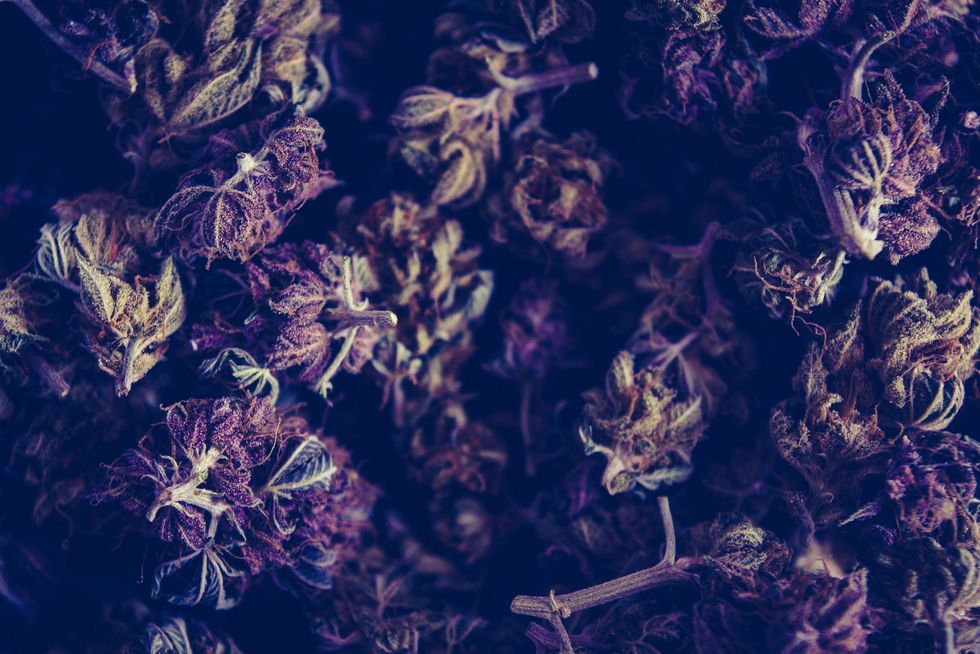New Haven, CT - A recent study published in Neurology Clinical Practice sheds light on the effectiveness of cannabis in alleviating migraine symptoms and reducing patients' reliance on prescription medications. Conducted by researchers at Yale University's School of Medicine, the study surveyed responses from 1,373 patients from a tertiary headache center, revealing promising insights into the role of cannabis in migraine management.
According to the study, nearly one-third of respondents reported being current consumers of cannabis. Among these consumers, the majority reported that cannabis either improved their migraine symptoms or reduced their frequency. What's more, a significant 63 percent of cannabis users stated that their use of marijuana allowed them to either reduce or completely eliminate their need for other prescription medications.
Lead author of the study stated, "This is the largest study to date to document cannabis product usage patterns and perceived benefits for migraine management in a clinical headache patient sample." The findings underscore the growing body of evidence supporting the efficacy of cannabis in treating migraines and its potential to offer a natural alternative to traditional pharmaceuticals.
The study's conclusions are consistent with previous research highlighting the therapeutic benefits of cannabis for migraine sufferers. A comprehensive literature review in 2002 involving 5,600 subjects concluded that medical marijuana significantly reduces the length and frequency of migraines. The convenience and effectiveness of cannabis therapy make it a promising option for individuals struggling with migraines.
Furthermore, longitudinal data from various studies have consistently demonstrated the positive impact of cannabis on migraine frequency and severity. Inhaling cannabis has been reported to reduce migraine frequency by as much as 40 percent, with many patients experiencing significant relief within two hours of inhalation. Additionally, varieties of cannabis containing higher THC content have shown to be particularly effective in providing symptom relief.
The study's authors emphasized the need for further research to better understand the mechanisms underlying cannabis's therapeutic effects on migraines. However, the current evidence suggests that medical marijuana offers a safe and effective treatment option for migraine patients, with fewer side effects compared to conventional pharmaceuticals.
As the stigma surrounding cannabis continues to dissipate, more migraine sufferers may turn to this natural remedy for relief. With ongoing research and advocacy efforts, medical marijuana may soon become a mainstream treatment option for individuals living with migraines.
For more information on the use of cannabis for migraines, readers can refer to NORML's publication, "Clinical Applications for Cannabis and Cannabinoids."







 What will you do with that cannabis kief collection? - Make Coffee! The Bluntness
What will you do with that cannabis kief collection? - Make Coffee! The Bluntness DIY: How to Make Kief Coffee - The Bluntness
Photo by
DIY: How to Make Kief Coffee - The Bluntness
Photo by 






 The Truth About THC Candle: Cannabis Candles & How to Make Your Own - The Bluntness
Photo by
The Truth About THC Candle: Cannabis Candles & How to Make Your Own - The Bluntness
Photo by 
 Ayrloom Orchard Sunrise Cannabis Infused Gummies
Ayrloom Orchard Sunrise Cannabis Infused Gummies Ayrloom Island Time THC Gummies - Pineapple Mango Flavor
Ayrloom Island Time THC Gummies - Pineapple Mango Flavor Ayrloom Pillow Talk - Sleep Gummies
Ayrloom Pillow Talk - Sleep Gummies 
 A good picture showing white mold next to cannabis trichomes.
A good picture showing white mold next to cannabis trichomes.
 What is reggie weed? - The Bluntness
Photo by
What is reggie weed? - The Bluntness
Photo by